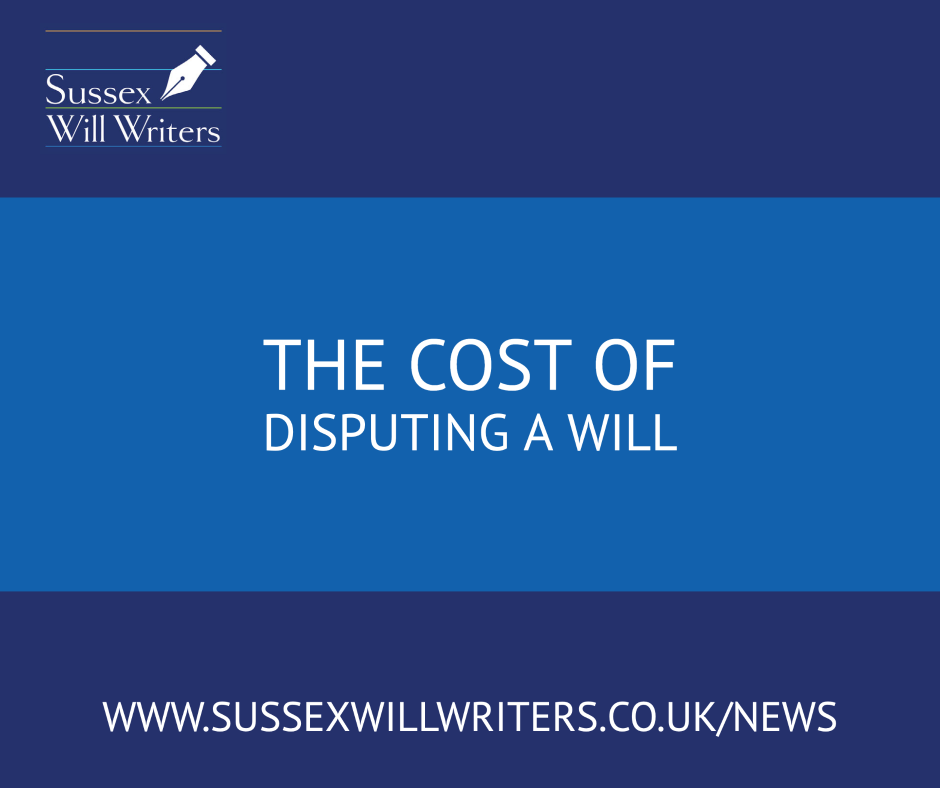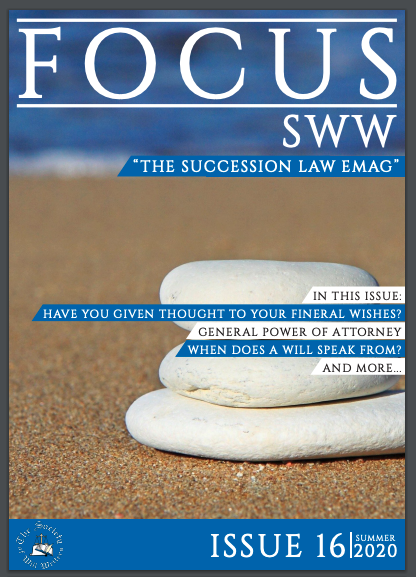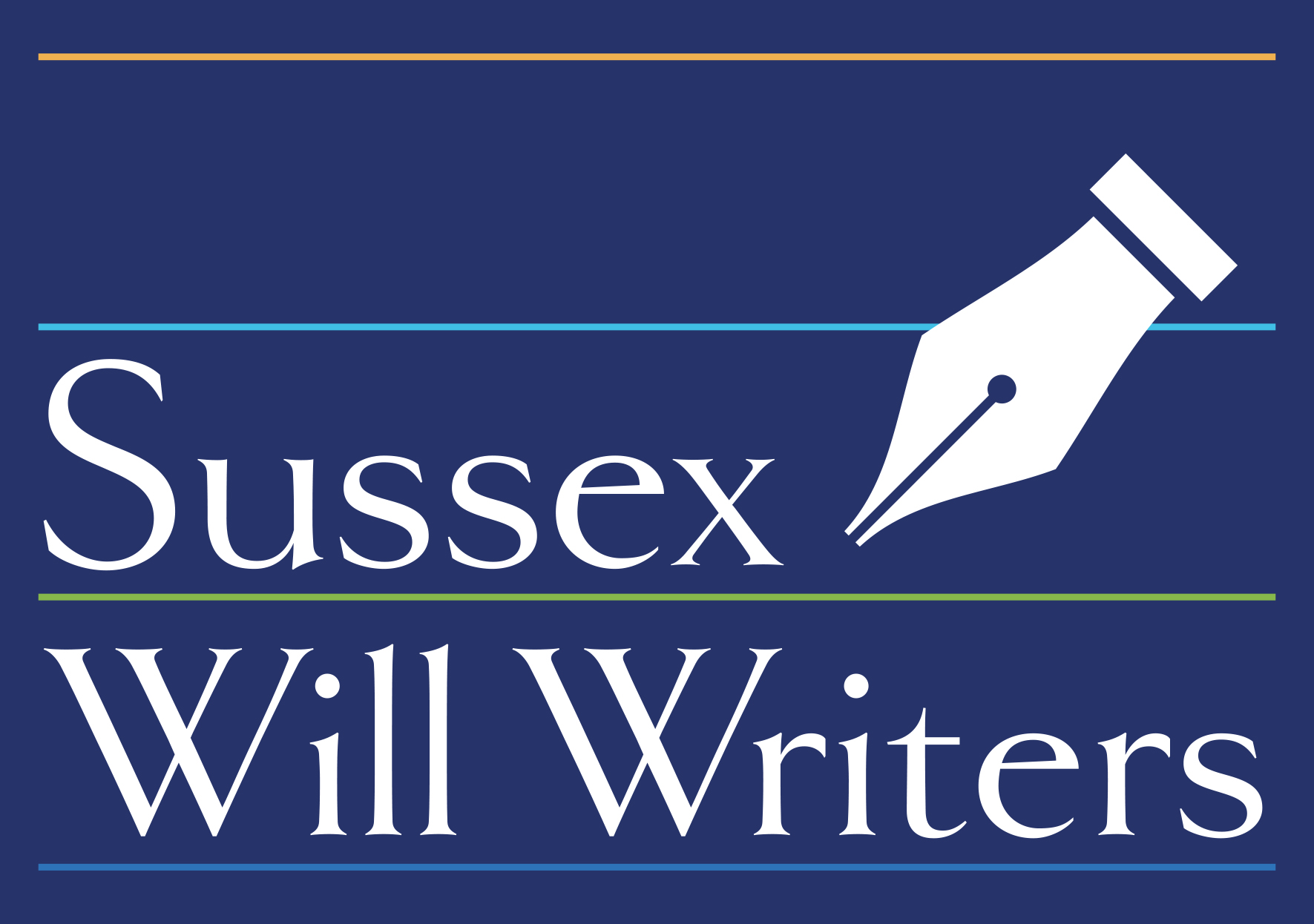
Thursday, 16 September 2021
The England and Wales High Court (EWHC) has clarified the costs principles engaged where a Will challenge is abandoned mid-trial.
The testator in the case was Tom Goodwin, a businessman and farmer who died in November 2018 with an estimated estate of between £3-4 million. He had made a Will in 2017 with the help of the then-girlfriend of his son Gary Goodwin, amending his previous Will.
The Will was then formalised by solicitors and duly executed. However, Gary Goodwin’s application for Probate was opposed by his sister, Jacqueline Avison, who alleged that the Will had not been executed properly, that the testator had not been fully aware of its contents and that Gary Goodwin, and his girlfriend had exerted undue influence. Avison was joined in her action by her four children, not all of whom agreed on their grounds.
Their challenge to valid execution was rapidly abandoned following the report of a jointly instructed handwriting expert in March 2019, but the challenge on other grounds continued and went to trial in August. However, on the sixth day of the trial the Avison family (the defendants) dropped their challenge to the Will’s validity and conceded the case.
Davis-White HHJ then had the task of allocating costs. His starting point was that the court has discretion as to whether costs are payable by one party to another or from the estate. There is a case for the losing party’s costs to be paid from the estate if the litigation was caused by the testator’s own conduct, but not otherwise. However, if the party who challenges the Will has reasonable grounds for doing so, then each side should bear their own costs. Otherwise, the usual rule applies, that the losing party should pay both their own costs and those of the successful party. These principles are based on established case law, the Civil Procedure Rules and on Re Cutcliffe’s Estate.
In the Goodwin case, where a party alleges both undue influence and lack of knowledge and approval, the default position is that the unsuccessful party Will pay the costs related to both issues, says William Golightly, Barrister at Gatehouse Chambers. He adds that the court can alternatively make a split costs order covering each issue. However, in a case abandoned halfway through, the trial judge has the difficulty of making the assessment having heard only part of the evidence and so may have difficulty deciding whether ‘reasonable grounds’ have been established.
In this case, Davis-White HHJ was satisfied that the unsuccessful defendants must pay both their own and the claimant’s costs. On all the three issues raised by the different defendants, none could be said to be the caused by the testator, who had simply accepted help in amending his previous Will and had not misled anyone about his intentions. Moreover, Davis-White did not think the defendants had reasonable grounds for challenging the Will. He noted that there was ‘nothing suspicious in the attesting witnesses refusing voluntarily to attend court to give evidence.’ Similarly, the testator’s wife had not recorded him visiting the attesting witnesses in her diary, but again that was not suspicious, he ruled (Goodwin v Avison, 2021 EWHC 2356 Ch).
‘Practitioners must satisfy themselves at an early opportunity as to whether the cause of the litigation can properly be laid at the door of the testator or, alternatively, whether there are reasonable grounds … for challenging the Will’, comments Golightly. ‘A proper analysis of these points at the outset of a contemplated will challenge may discourage speculative litigation resting on the false premise that a litigant chancing their arm in a Will challenge will always get their costs paid for out of the estate.’
Could you do with some FREE, sound advice on:
- Writing a Will – What do I need and how much does it cost?
- Creating Lasting Powers of Attorney – If I was incapacitated who can act on my behalf?
- Property Protection Trusts – Can these really save Care Home Fees?
- Pre-Paid Funeral Plans – With so many to choose from how do I decide which plan is best?
There is so much confusion on these vital areas of estate planning, that sometimes just a chat with an expert in the field can clear up misunderstanding and set out the way ahead, without all the legal jargon.
Or complete the form below
Steve Worsfold
Affiliate Member of the Society of Will Writers
Advising on Wills/Trusts/Probate/Powers of Attorney

Mobile: 07734 744886
Office: 01903 533681
Email: steve@sussexwillwriters.co.uk
Website: www.sussexwillwriters.co.uk
Protecting What’s Precious to You,
Now and in the Future
Sussex Will Writers is proud to support Dementia Friends,
an initiative of The Alzheimers Society
Our business is certified ‘Safe to do business with’ and ‘Code compliant’
by the UK’s largest regulatory body for Will Writers, The Society of Will Writers.
Steve Worsfold has been an Affiliate Member of the Society for 15 years.
Sign Up to Receive our Free Newsletter
We send a Newsletter once a quarter and only occasional mailings to provide updates on changes in government policy or news of any special offers. You can download the latest version of our Newsletter by signing up with your name and email.

Sign Up to Receive our Free Newsletter
We send a Newsletter once a quarter and only occasional mailings to provide updates on changes in government policy or news of any special offers. You can download the latest version of our Newsletter by signing up with your name and email.






